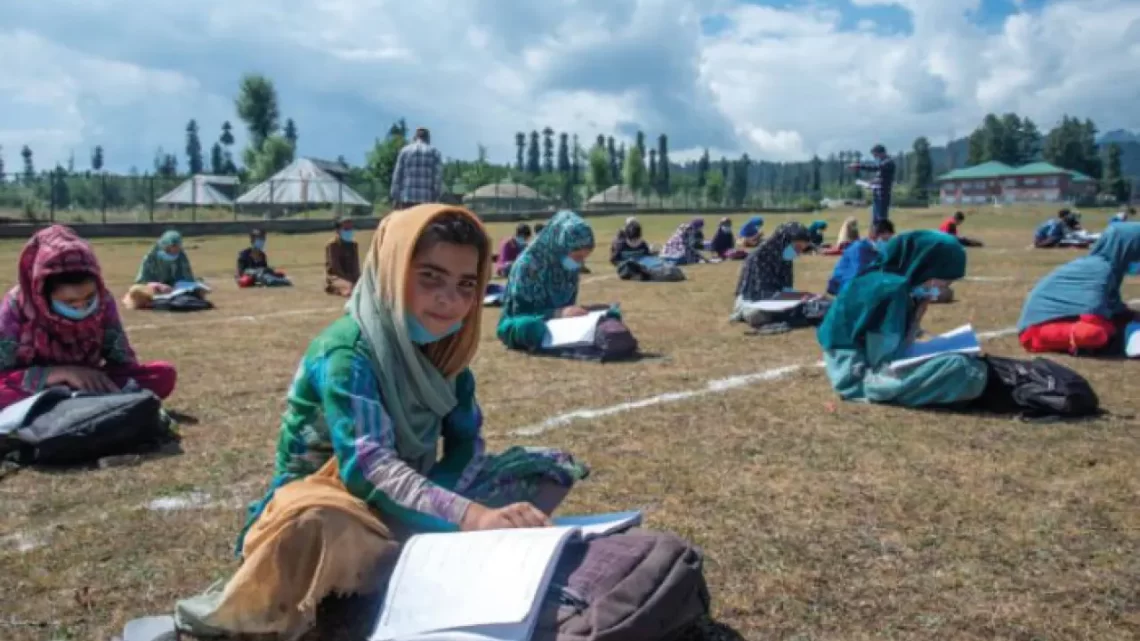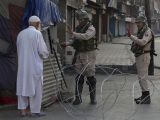
Education Crisis in IIOJK: School Closures Reflect Government Neglect
July 12, 2024In a clear display of neglect by the BJP-led Indian government, nearly 4,400 government-run schools have been closed in Indian illegally occupied Jammu and Kashmir (IIOJK). Indian authorities cite “zero or extremely low” student enrollment as the reason, but this drastic reduction severely limits educational opportunities for Kashmiri youth, exacerbating the territory’s socio-economic challenges.
Official documents reveal that out of 23,117 government-run schools in IIOJK, 4,394 have been removed from the Unified District Information System for Education (UDISE) data. An official stated that the overall count of public schools has decreased because many of these institutions, which had no or very few students, were merged with nearby public schools.
The primary school category was particularly hard-hit, with the number of functional government primary schools dropping by nearly 30 percent. Initially, there were 12,977 government primary schools in IIOJK, but now only 8,966 remain operational. Additionally, 392 government middle schools, three high schools, and one higher secondary school were removed from the UDISE+ list. This decline reflects a broader trend of educational neglect by Indian authorities.
Private and other educational institutions have also been affected. Out of 5,688 such schools, only 5,555 are currently functional. Overall, IIOJK used to have 28,805 government and private schools, but this number has now dwindled to 24,279.
The widespread closure and merging of schools in IIOJK highlight the Indian government’s apathy towards the educational needs of Kashmiri students. This neglect not only hampers the educational progress of the region but also deepens the socio-economic disparities faced by its youth. The need for a robust and accessible education system is paramount for the development and empowerment of any society, and the current situation in IIOJK calls for urgent attention and action.

